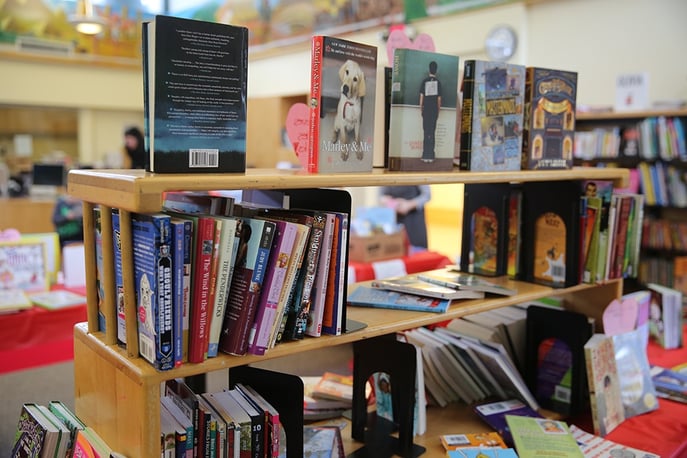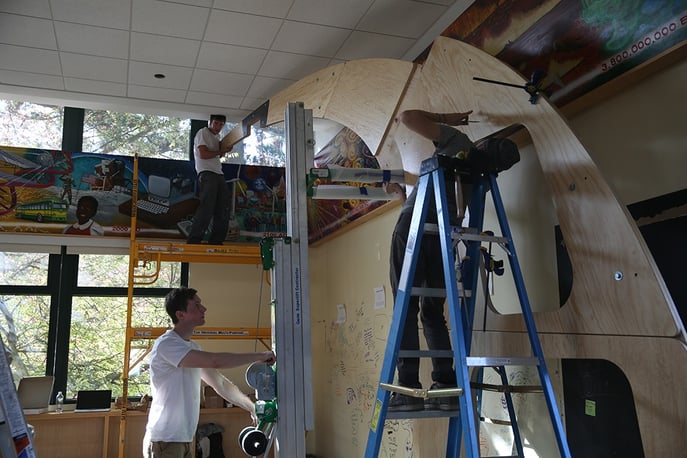There are some parents and teachers who have watched the evolution of school libraries in the last decade with grieving expressions. They don’t want to see books permanently taken from the library shelves. They don’t want print collections to be trimmed. They don’t want square footage to be reduced in the library. They don’t want classic storytimes to be altered. Fervent supporters of libraries walk away from library construction projects with sadness for what has been lost and perhaps even have a twinge of fear about what will be.
Since the launching of Sputnik in 1957, American public school libraries have been publicly funded to be the “heart” of the school. And while librarians, even at private schools, embrace and promote this metaphor, they rarely receive inspiration from the heart experts – medical surgeons – about how to do their jobs. However, in this era of evolution, perhaps they are the best source for inspiration.

Why Reconstructing the Library is Like Heart Surgery
Most Americans put their trust in their heart surgeons. Sure, there may be second opinions sought, but most choose a surgeon’s recommendation and intervention: Yes, it’s okay to stop/alter my heart, in order to save my life. If you’ve ever visited a patient after heart surgery, you’ve seen her purple skin and her Frankenstein-like incisions. It’s not hard to imagine that she is back from the dead, with everyone in the room hoping for and believing in a better, stronger life for the patient.
Is it possible for us to frame the library evolution of the 21st century as a heart surgery? Certainly, the American public has shown its support for libraries (Horrigan, 2016), and they want libraries in some form to “live on.” For many, it’s hard to imagine eliminating anything from traditional libraries, in order to save them. However, as we watch school libraries being eliminated across the country (Santos, 2011; Fiels, 2015), we must ponder the benefits of having the old mental models of libraries pass away. Should school libraries live on as book warehouses? Should they live on as a disconnected “special” on the rotation with Physical Education, Art, and Spanish?
Instead, many librarians have performed “heart surgery” on their programs, curricula, and even spaces. They are focusing their promotions on the activities that books and other forms of information inspire young people to participate in. No longer is this type of work being pushed to a library cubicle or a private study room. Together, we can carve out new spaces in which the community can purposefully gather. There, let’s give room for young people and the school community to wallow in complexities, play with possibilities, and design solutions to local and global issues.

Above: Whitby School evolves its school library with the edition of a Makerspace. This space will provide new opportunities for students and staff to gather, tinker and create.
In this era, libraries must bring these activities and actions to the “center” of the heart chamber. One formal way that school libraries are doing this is by refashioning their spaces to include Makerspaces or Tinker Labs. Perhaps this is our our best way to remain relevant and viable entities in progressive schools. True, this type of carving out of the “heart” may be traumatic – even for the most loyal supporters of libraries; there will be shock as we begin to reconfigure our library spaces with Frankenstein-like incisions; however, if we reframe our conversations to show that these alterations are a way to promote the varied forms of impact our libraries have, perhaps people will see our “heart surgery” as a way to ensure a better, stronger life for our libraries.



